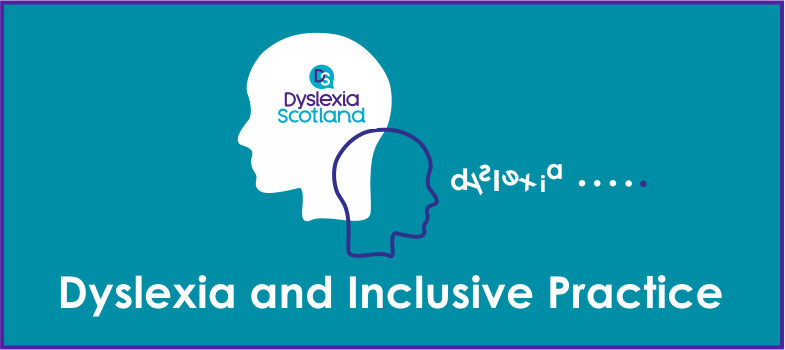2.1 Developing an inclusive curriculum
Curriculum for Excellence is an inclusive curriculum from 3 to 18 year olds, wherever learning is taking place.
The curriculum includes all of the experiences which are planned for children and young people through their education. It is not specific to subject areas but applies to activities that take place across the school and includes all that is planned for children and young people throughout their education, not just what happens in the classroom.
Curriculum for Excellence includes four contexts for learning:
- Curriculum areas and subjects
- Interdisciplinary learning
- Ethos and life of the school
- Opportunities for personal achievement.
The concept of inclusive practice is not new, in 2002 Count Us In, HMIE highlighted that an inclusive approach to education involves:
- creating an ethos of achievement for all pupils within a climate of high expectation
- valuing a broad range of talents, abilities and achievements
- promoting success and self-esteem by taking action to remove barriers to learning
- countering conscious and unconscious discrimination that may prevent individuals, or pupils from any particular groups, from thriving in the school
- actively promoting understanding and a positive appreciation of the diversity of individuals and groups within society
Every child and young person is entitled to support to enable them to gain as much as possible, from the opportunities which Curriculum for Excellence can provide. When it is felt that a child or young person may require some additional support, this is the initial responsibility of the classroom teacher.
The diversity of learners, challenges policy makers, teachers and others to provide education that is able to flexibly respond to that diversity. We need to respond in such a way that barriers to participation, learning and achievement are removed; inclusion and equality are promoted and a high-quality education for all is developed and sustained.
A curriculum which is accessible to all learners enables schools and education authorities to meet:
- Legal responsibilities and statutory duties
- The needs of their learners, including those with and without Additional Support Needs who can learn effectively from appropriately planned and developed resources
- The standards for Curriculum for Excellence
- Management responsibilities - cost effective use of time through appropriate planning – Use of IT, production of accessible digital resources which enable swift adaptation for different learners
Introduction
